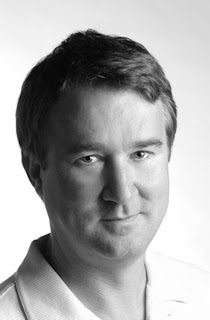Oh, we humans are a strange bunch, aren't we? Just in case you need more proof, a study has now been published in the Journal of the American Medical Association that shows that high-priced placebo sugar pills work better than low-priced ones.
Subjects in an experiment were given electric shocks and asked to rate the pain they felt after the shock. They were then given a placebo pill which they were told was similar to codeine and given a second set of shocks. Significantly more of the people who were told that the pills cost $2.50 said that the second set of shocks were less painful than the group that was given the same pills and told that they cost 10 cents.
As someone pointed out in the comments section of the Freakonomics discussion on this: "BigPharma has been arguing forever that generics are not, in fact, the same as their brand-name versions - and maybe they're right (but for the wrong reasons)."
It certainly does reinforce the strength of price on perception. There are many examples where people feel better about what they've bought when they've paid more for it. Starbucks coffee, bottled water, schooling etc etc. And it's a real warning about the dangers of such products discounting price to boost sales.
I wonder what the results of the study would have been if the pill was free? As Chris Anderson points out in Wired, there's a big difference between cheap and free. Cheap things still have to be sold and have an implied lower quality. Free is different and powerful indeed as anyone in my office can witness whenever some lunch is left over and put in the kitchen.
Maybe free pills would have worked even better than the expensive ones?
Links:
1) More expense = less pain: Freakonomics
2) More expensive placebos bring more relief: New York Times
3) Free: Why $0.00 is the future of business: Chris Anderson
Friday, March 7, 2008
You'll feel better if you pay more
Subscribe to:
Post Comments (Atom)


No comments:
Post a Comment